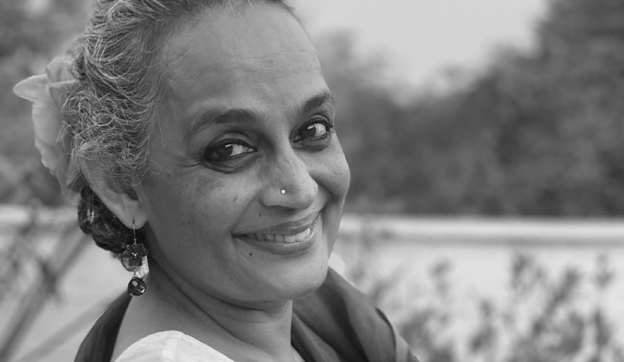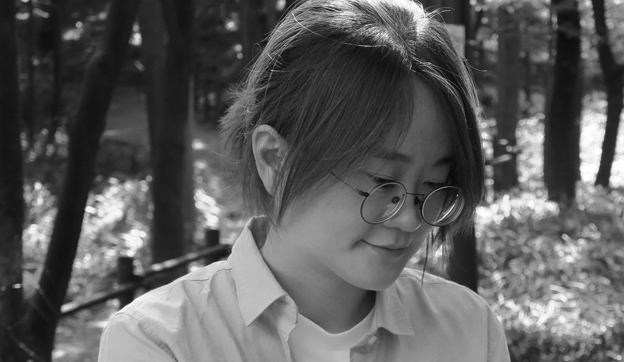THE PAST PRIZE LAUREATES

The Grand Laureate of the 4th Lee Hochul Literary Prize for Peace
Arundhati Roy (1961~) Arundhati Roy, born in India, is a leading novelist, a writer, and an ecological thinker who has gained global recognition through her works and activism. After winning the Booker Award in 1997 for her first novel The God of the Small Things, she has spent more than 20 years as an environmentalist and anti-globalization activist. In particular, she has received worldwide attention by releasing many non-fiction articles criticizing the US war in Iraq and Afghanistan and India's destructive nuclear tests and dam construction. She was selected as the '100 Most Influential People in the World' by Time in 2014.
Her literary concerns deal with the lives of the underprivileged, especially with a keen interest in the issues such as human rights, gender, environment and politics in a global scale, in which she shows great sympathy and literary imagination through her own unique poetic language. In many of her political essays, Roy has vehemently criticized the situation in Kashmir, where the fierce conflict between India and Pakistan has broken out, as well as the conflict between Muslims and Hindus in Gujarat, India, and voiced her concern over Hindu nationalism that is, according to her, comparable to fascist tendencies. In addition, she has acutely observed the struggle between the Maoist rebels and the Indian government, which covers the regional areas from the West Bengal region called 'Red Corridor' to the southern Pradesh Province. Furthermore, her concerns as a living writer and an activist has no territorial boundary; she has also keenly scrutinized the invisible causes and conflicts hidden in complex war zones around the world, such as Afghanistan, Iraq, Palestine, and Syria, and explained them in a surprisingly clear but beautiful language.
Roy published a new novel called The Ministry of Utmost Happiness in 2017. This novel deals with the issues of gender, race, class, religion, and environment through the marginalized lives of LGBTQ people and “untouchables”, such as Dalit, Muslims, and Kashmirites, all of whom are the weakest in the capitalist system of modern India and thus have been consistent subject matters of hers.
Roy currently lives in New Delhi, India, where she continues to write and be courageously active.

The Special Award Laureate of the 4th Lee Hochul Literary Prize for Peace
Kim Hye-jin (1983~) Kim Hye-jin was born in Daegu, in 1983. She began her career as a writer when “Chicken Run” was elected in the 2012 New Year Literature of Dong-A Ilbo. She has been recognized for her own writing style and as a writer who portrays the silent pain of the weak through not the objectifying eyes of an outsider but the understanding gaze of an insider who faces the same pain in a blunt language. Her novel Jungang Station, which depicts the love between homeless lovers, expresses the pain of their miserable life in dry and minimalistic sentences giving a new tinge to the image of the poor, and Eoby, her novel collection about the life of the underprivileged youth at risk, received favorable reviews such as "a solid heart to face the absurdity of society" and was nominated for the Kim Jun-sung Literature Award.
She won the 5th the Joongang Literature Award for Fiction in 2013 for her novel Jungang Station, the Shin Dong-yeop Literature Award for About My Daughter in 2018, and was selected as the Special Award laureate of the 4th Lee Hochul Literary Prize for Peace in 2020 for The Work of No. 9. Her works include a collection of novels, Eoby, Life as You, Jungang Station, About My Daughter, The Work of No. 9, and a mid-length novel “Fire and My Autobiography”.


